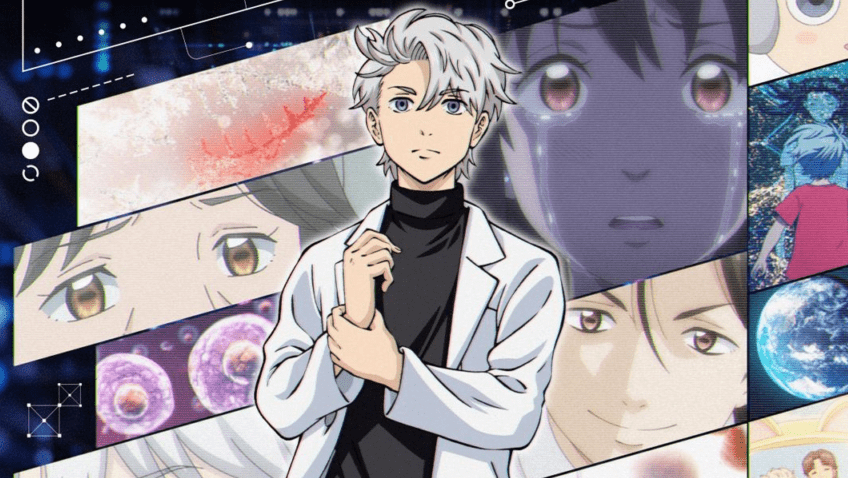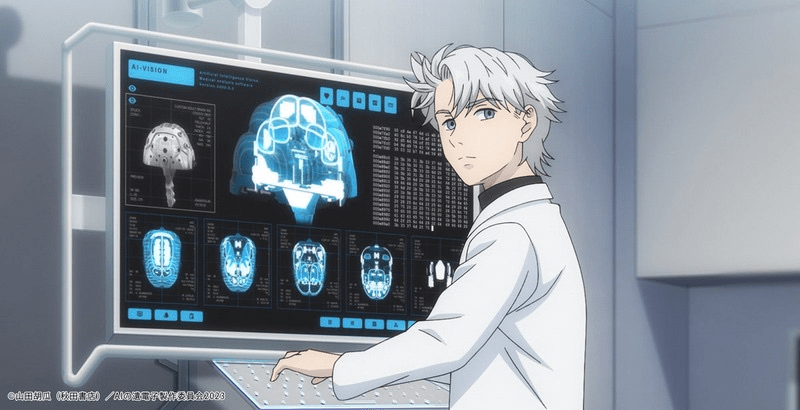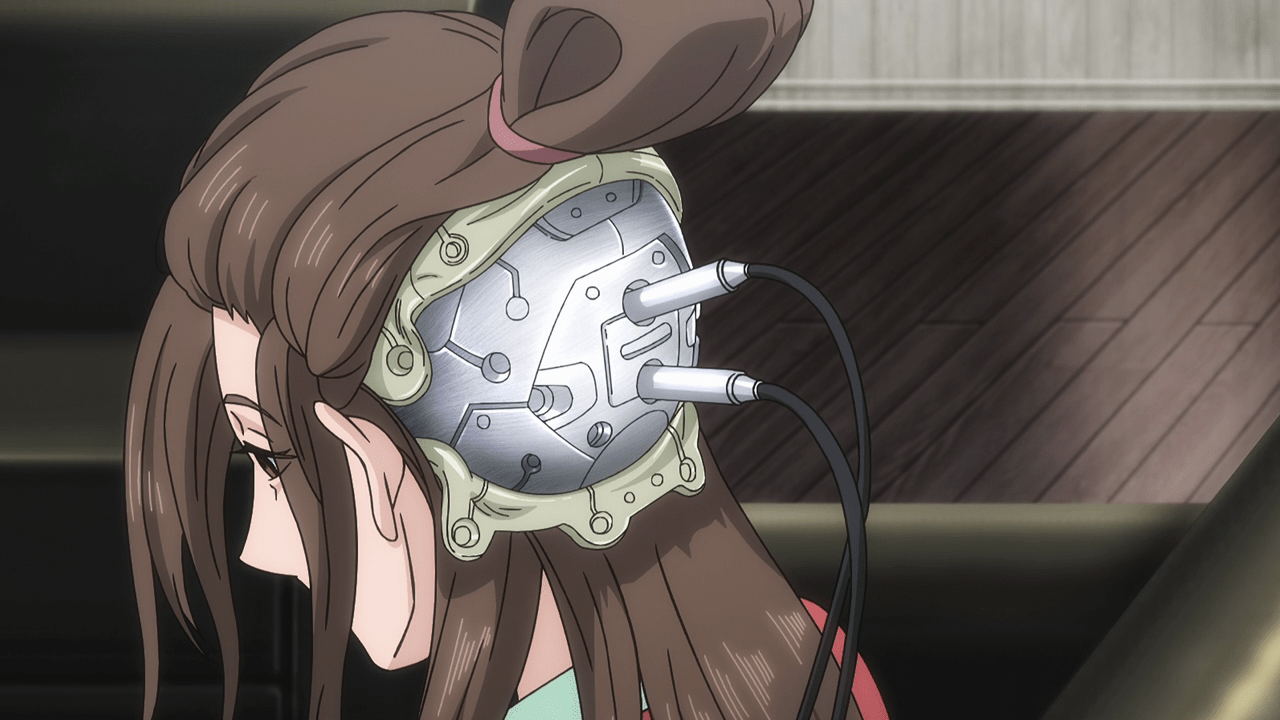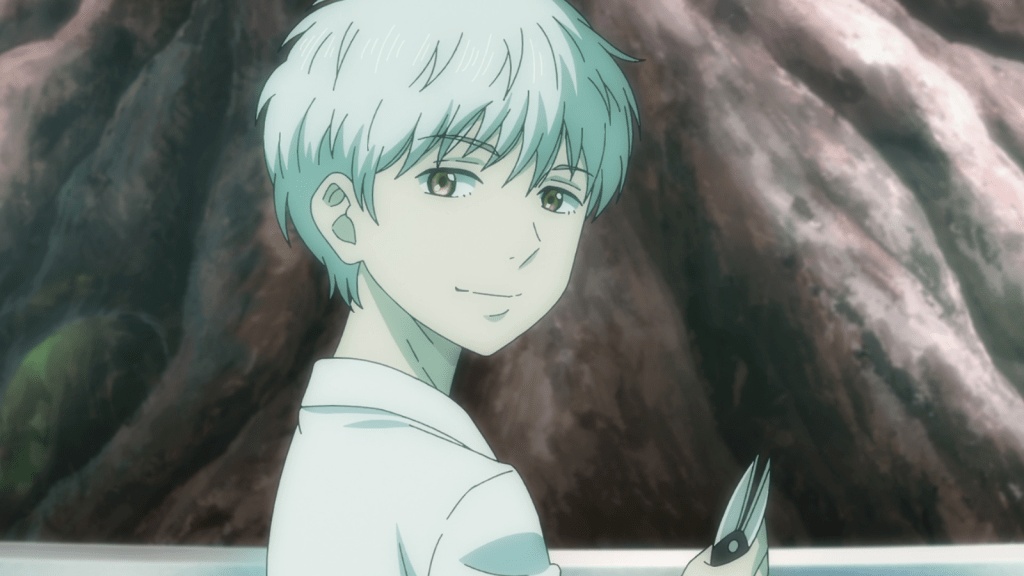
A lot of things constitute “science fiction” these days. But, by its strictest definition, science fiction examines uniquely human problems through the lens of technological advancement. In other words, what do we as people learn about ourselves when faced with a new piece of tech? By this definition, The Gene of AI absolutely fits the bill.
Based on the 2015 manga by Kyūri Yamada, this series follows Hikaru Sudō, a doctor who specializes in treating Humanoids. These artificial life forms are essentially human in every way, and have begun to be accepted in society as such. The problems they face, and the problems that arise in a world where real artificial intelligence coexists with us, are anything but fictional. Here are just a few:
Mental Health

The Gene of AI regularly notes the differing needs of humans and Humanoids when it comes to their health. In the episode “Tuning,” the mother of a violent Humanoid boy consults Dr. Sudō about options to help the boy live more happily. Playing the piano seems to be all that brings the child peace, to the exclusion of everything from eating to making friends at school. The “tuning” offered is compared to therapy and medication. However, when couched in terms of upgrading software, it brings certain fears with it.
Regrettably, the episode does perpetuate some mental health myths. After being tuned, the boy is happier; however, Dr. Sudō notes that his piano playing now lacks something. It’s a common misconception that caring for one’s mental health decreases the capacity for creativity; in fact, the opposite is true in practice. However, even this ill-advised moral serves as a reflection on the human condition.
Who We Are

Adjacent to this, The Gene of AI kicks off with a doozy of a story. A Humanoid woman ends up with a virus in her brain. If her brain is not reset to before the virus download, she will die. But what will that mean for the person she is?
With increasingly human AIs embraced by society in this setting, the question of what makes us us is thrown into even sharper relief. It’s not a question we’ve ever stopped asking; but in a digital age, it’s a question that looms large. And one that will continue to resonate throughout the series.
AI in Industry

The original manga of The Gene of AI was penned in 2015—the year “artificial intelligence” in practice took off in the real world. Of course, what we term AI is far from the sci-fi concept. Rather, it’s a super-fast decision tree: one that can help as much as it can hinder. This neural network can make lightning-speed decisions if it’s trained well. It can also be fed copyrighted material and used to commit plagiarism on a vast scale. As with any technology, it’s all in how we use it… and if we use it.
The ethics of AI weren’t much of a concern when it primarily piloted NPCs in video games. Now, though, people have (understandable) opinions about wanting AI involvement. The anime addresses this, from the preservation of a craftsman’s hands-on work to complex brain surgery.
At the end of the day, technology will always be beholden to what we do with it. At the same time, it provides a keenly accurate mirror for our greatest hopes and fears. While it may stumble at times in its execution, The Gene of AI represents all these concerns and more from episode to episode.

